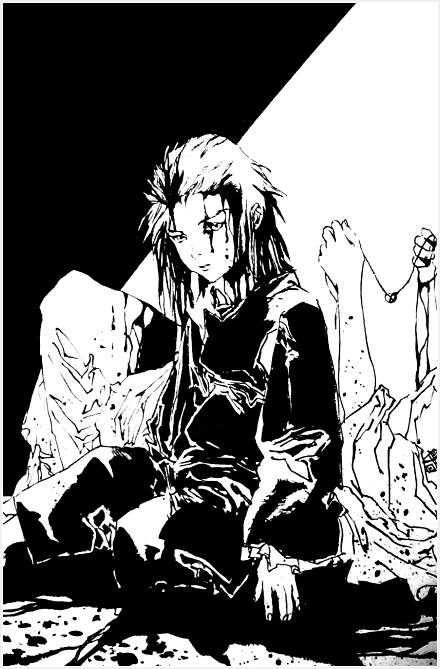July 10, 2014
Poseidon of the East (27)
At the end of the chapter, Atsuyu spells out one of the stark economic realities of medieval warfare that often goes missing in historical fantasies: "I didn't want to take farmers off their land and press weapons in their hands."
An army marches on its stomach. That food has to come from somewhere and pillaging only goes so far. This connection is made clear in Japanese historical dramas, as the size and strength of a domain was measured in koku (石), equivalent to five bushels of rice.
Shoguns punished disobedient warlords by reducing the size of their provinces, measured according to the the crop yield in koku.
An army breaking free of its supply lines and living off the land, as in Sherman's March to the Sea, would only guarantee mutually assured destruction in a country like Japan with so little arable land.
An army marches on its stomach. That food has to come from somewhere and pillaging only goes so far. This connection is made clear in Japanese historical dramas, as the size and strength of a domain was measured in koku (石), equivalent to five bushels of rice.
Shoguns punished disobedient warlords by reducing the size of their provinces, measured according to the the crop yield in koku.
An army breaking free of its supply lines and living off the land, as in Sherman's March to the Sea, would only guarantee mutually assured destruction in a country like Japan with so little arable land.
Labels: 12 kingdoms, history, japan, poseidon
Comments

